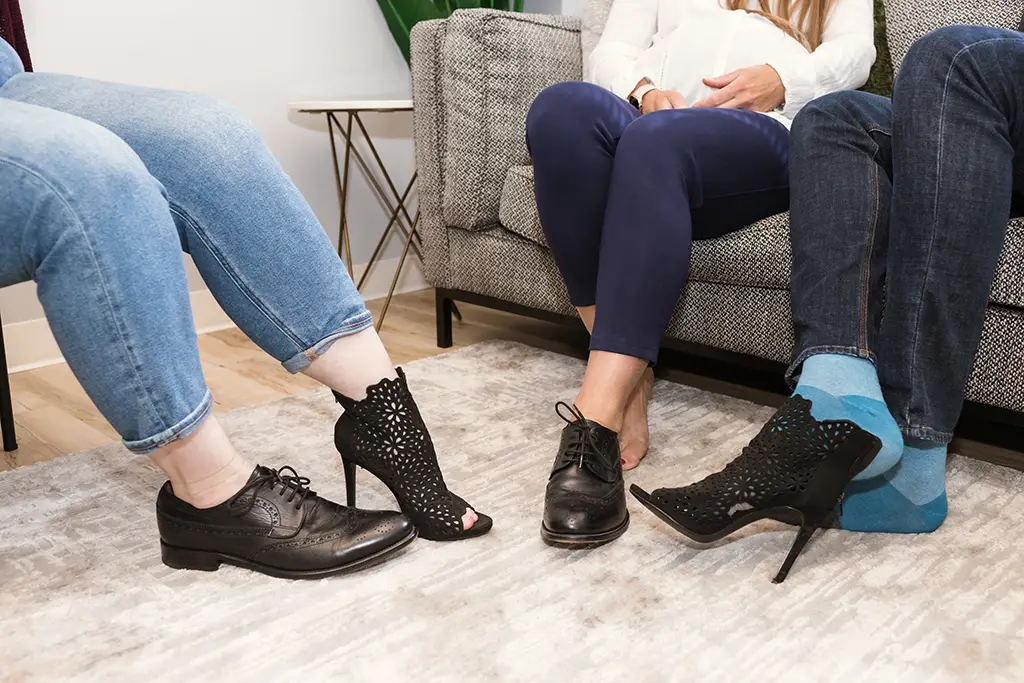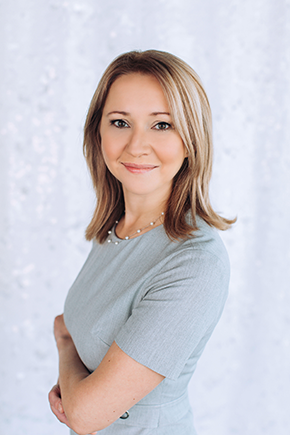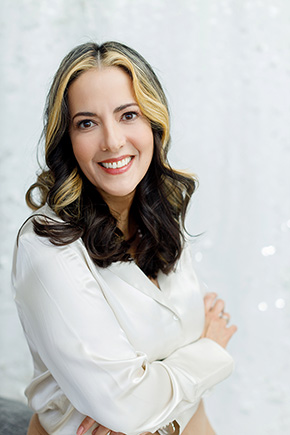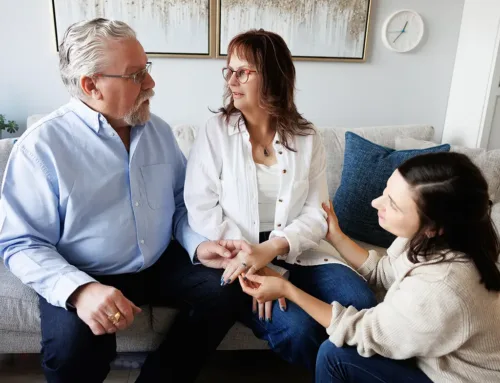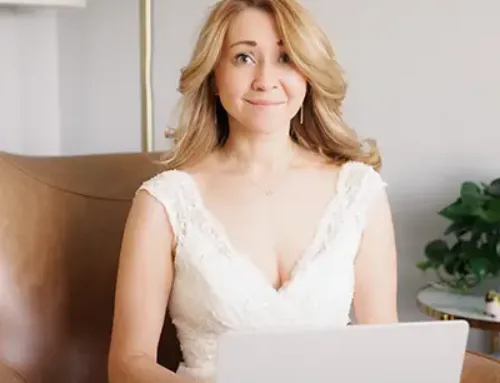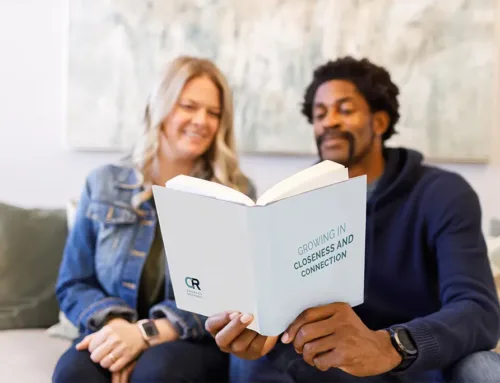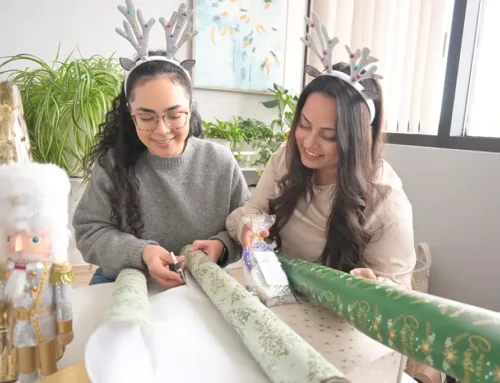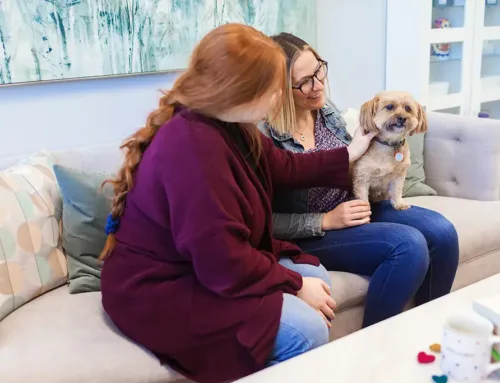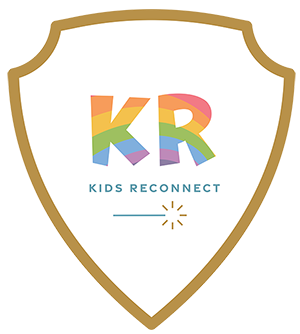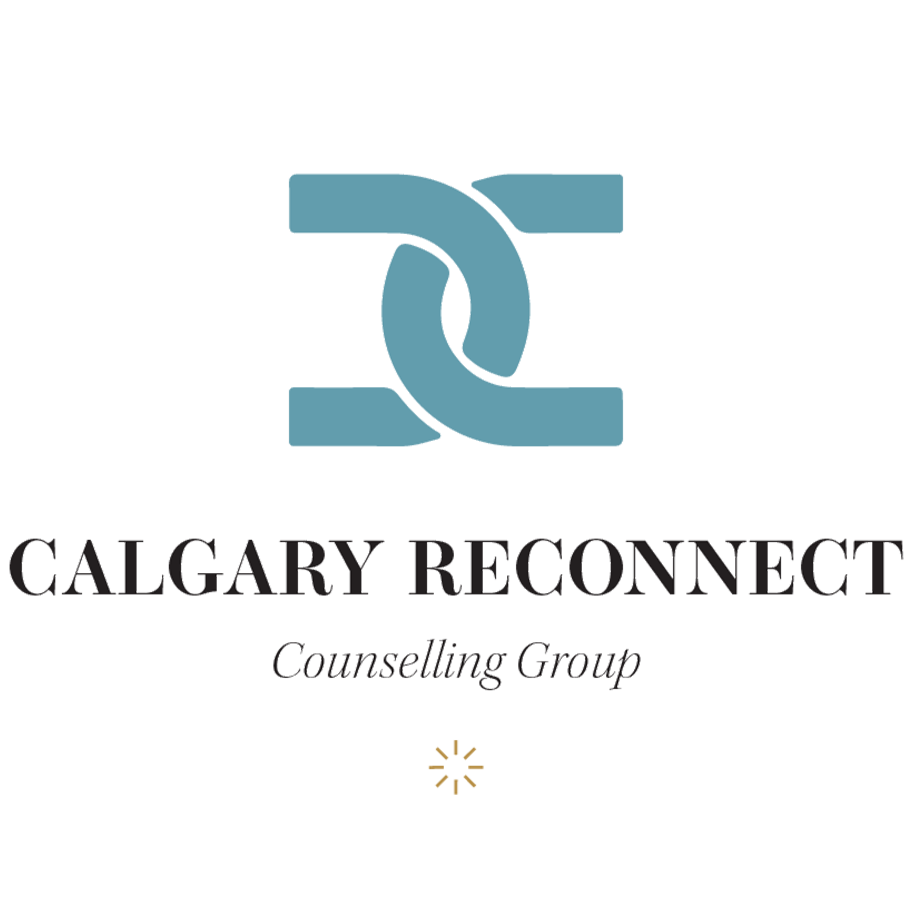Step into a better understanding of your attachment style.
Understanding helps us to become more emotionally attuned as partners: to feel seen, heard, and valued.
In this blog post, our couples therapist Natalie Bergman explains the four main attachment styles.
Meet the author
Natalie Bergman, DCP, RPsych
COUPLES THERAPIST
Meet the editor
Ana Hoepfner, BEc
COMMUNICATIONS
Attachment styles greatly influence our romantic relationships
Here’s a quick look at the four main attachment styles and how they can affect your love life.
Secure attachment
Anxious attachment
Avoidant attachment
Disorganized attachment
How Emotionally Focused Therapy helps you create
a more secure attachment style
1. Identify your style.
2. Create emotional safety.
3. Enhance connection.
4. Transform patterns.
Replace negative cycles with positive interactions.
